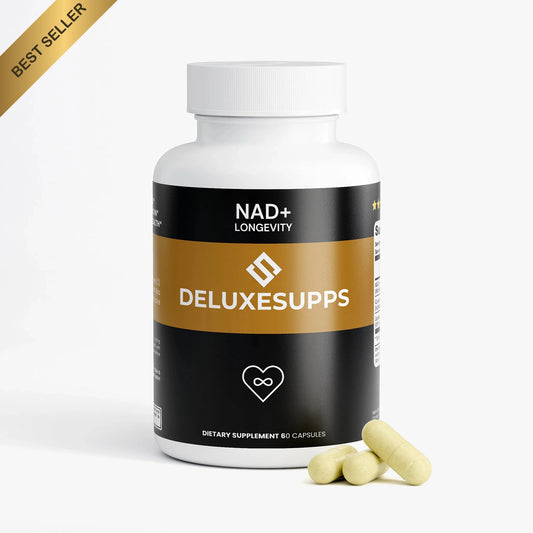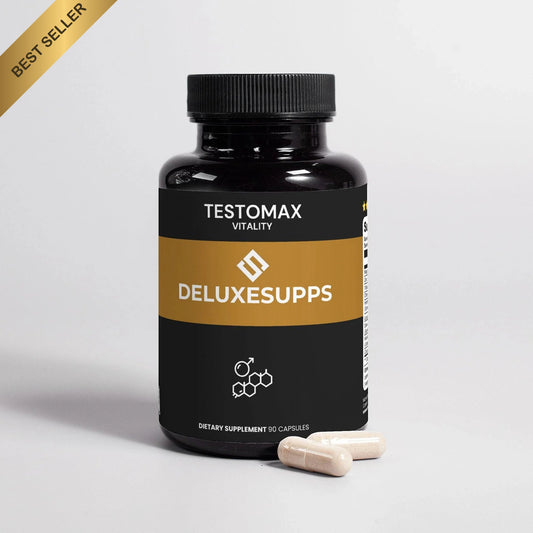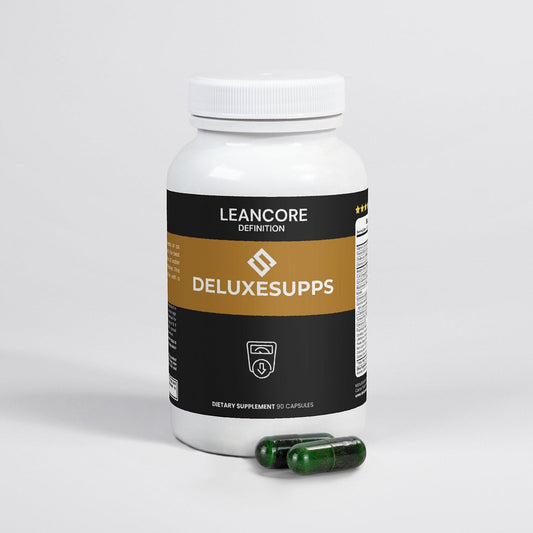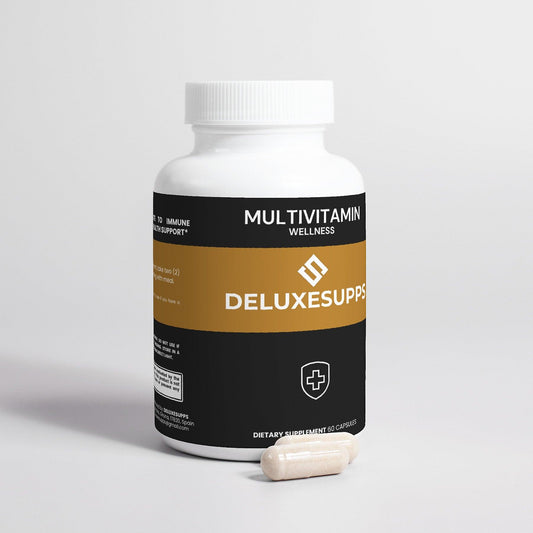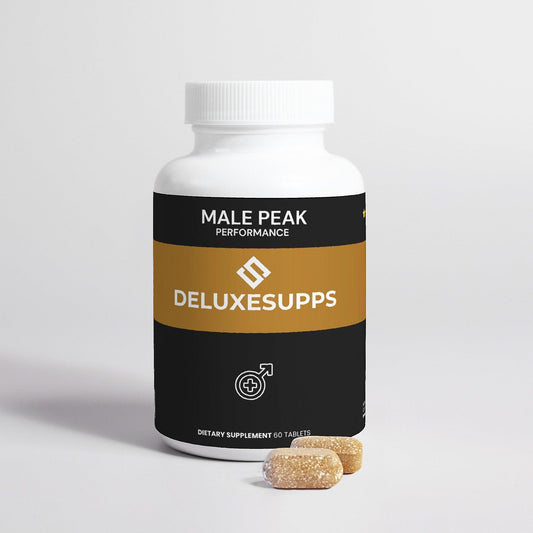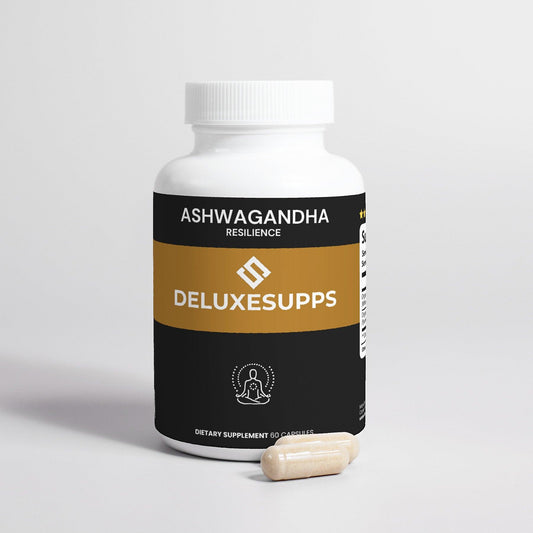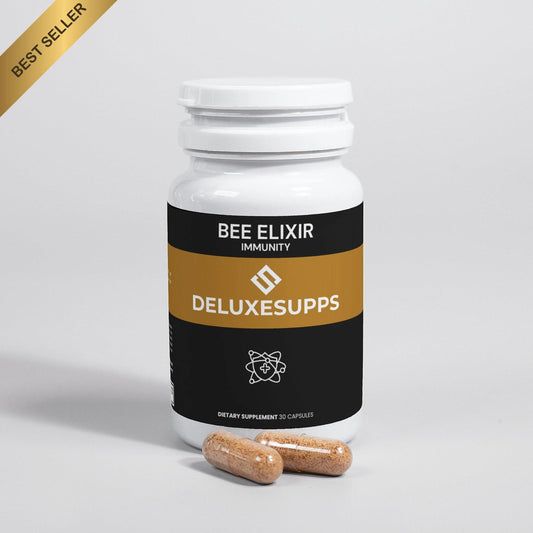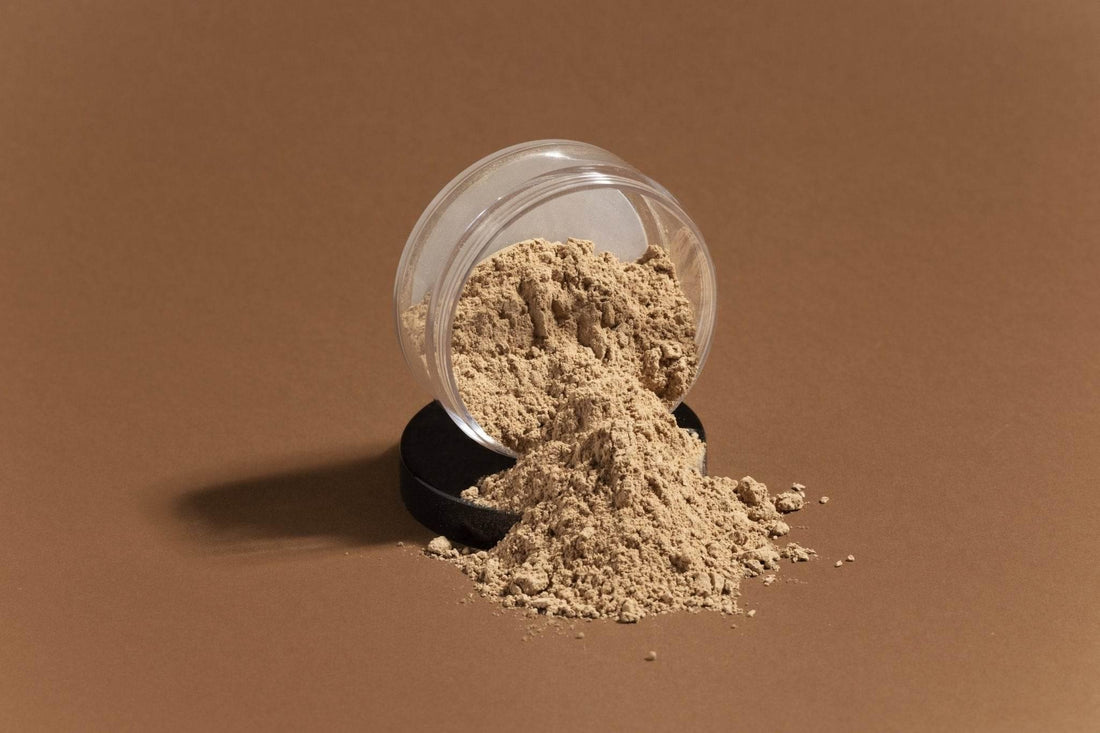Whey protein has become a staple in many fitness and nutrition routines. Found in protein shakes, bars, and powders, it’s a popular supplement for athletes, bodybuilders, and even casual gym-goers. But is whey protein good for you? Let's explore the science, benefits, side effects, and how to make the most of it.
What Is Whey Protein?
Whey protein is a complete protein derived from milk during the cheese-making process. It contains all nine essential amino acids, making it a powerful source of nutrients for muscle repair, weight management, and overall health.
Types of whey protein:
- Whey Protein Concentrate (WPC)
- Whey Protein Isolate (WPI) – filtered to remove fats and lactose
- Whey Protein Hydrolysate (WPH) – pre-digested for faster absorption
👉 Try a premium isolate formula: Whey Protein Isolate - Chocolate from DeluxeSupps
Health Benefits of Whey Protein
1. Supports Muscle Growth and Recovery
Whey protein is rich in leucine, a branched-chain amino acid (BCAA) that stimulates muscle growth post-exercise.
📚 A study on PubMed shows whey improves lean mass and strength when combined with resistance training.
2. Aids in Weight Loss and Appetite Control
Whey helps regulate hunger hormones, boosting satiety and reducing calorie intake.
🧪 In a 12-week study, subjects consuming whey protein experienced better fat loss and reduced appetite: PubMed study
3. May Reduce Blood Pressure
Bioactive peptides in whey protein may have antihypertensive effects.
✔️ A clinical trial reported reduced blood pressure in overweight individuals supplementing with whey protein.
4. Boosts Immune System Function
Whey protein includes immunoglobulins and lactoferrin, which support immune health—especially useful during dieting or overtraining phases.
Is Whey Protein Safe?
Lactose Intolerance
Whey concentrate contains lactose, which may cause digestive discomfort. In this case, opt for Whey Isolate, like DeluxeSupps Whey Isolate, which is nearly lactose-free.
Kidney Health: Myth or Reality?
It’s a common myth that high-protein diets damage the kidneys. However, in healthy people, there is no evidence of harm:
🔍 Study on high-protein diets and kidney function
Note: Individuals with pre-existing kidney disease should consult their doctor first.
Heavy Metal Contamination
Some lower-quality whey supplements contain heavy metals. Choose third-party tested products from trusted brands.
How Much Whey Protein Do You Need?
General guidelines:
- Sedentary adults: 0.8g/kg of body weight
- Athletes: 1.2–2.0g/kg
One scoop of whey provides ~20–25g protein. Best times to consume:
- Post-workout
- Morning
- Between meals
When Should You Avoid Whey Protein?
Avoid whey protein if you:
- Have a severe dairy allergy
- Take medications that affect amino acid metabolism
- Already meet protein needs through food alone
Whey Protein vs. Other Sources
| Protein Type | Digestibility | Amino Acid Profile | Vegan-Friendly | Use Case |
| Whey Isolate | Fast | Complete | ❌ | Lean muscle, recovery |
| Casein | Slow | Complete | ❌ | Nighttime supplementation |
| Soy | Medium | Complete | ✅ | Vegan protein choice |
| Pea/Rice Blends | Medium | Complete (blended) | ✅ | Plant-based recovery |
So, Is Whey Protein Good for You?
Yes—for most people, whey protein is not only good but highly beneficial. It supports:
- Muscle growth
- Fat loss
- Metabolism
- Hunger control
Just ensure you're using a high-quality product and not relying on it as a sole protein source.
💡 Active individuals, aging adults, and those with busy lifestyles benefit the most from supplementing.
How to Choose the Best Whey Protein
Look for:
- ✅ Whey Protein Isolate (for purity)
- ✅ No artificial fillers or sugar alcohols
- ✅ Transparent testing
🔥 Recommended: DeluxeSupps Whey Protein Isolate - Chocolate
FAQs
Can I take whey protein daily?
Yes, daily intake is safe within dietary protein needs.
Is it good for weight loss?
Yes, it helps reduce hunger and maintain muscle during fat loss.
Is whey safe for women?
Yes. In fact, it supports bone density, hormone health, and muscle preservation in women.
What about teenagers?
Teens involved in athletics may benefit, but they should prioritize whole food and use whey as a supplement.
Final Takeaway
Whey protein is a safe, effective, and science-backed way to improve your health, boost recovery, and hit your fitness goals. From beginners to advanced athletes, it can make a noticeable difference—just remember to choose quality.
